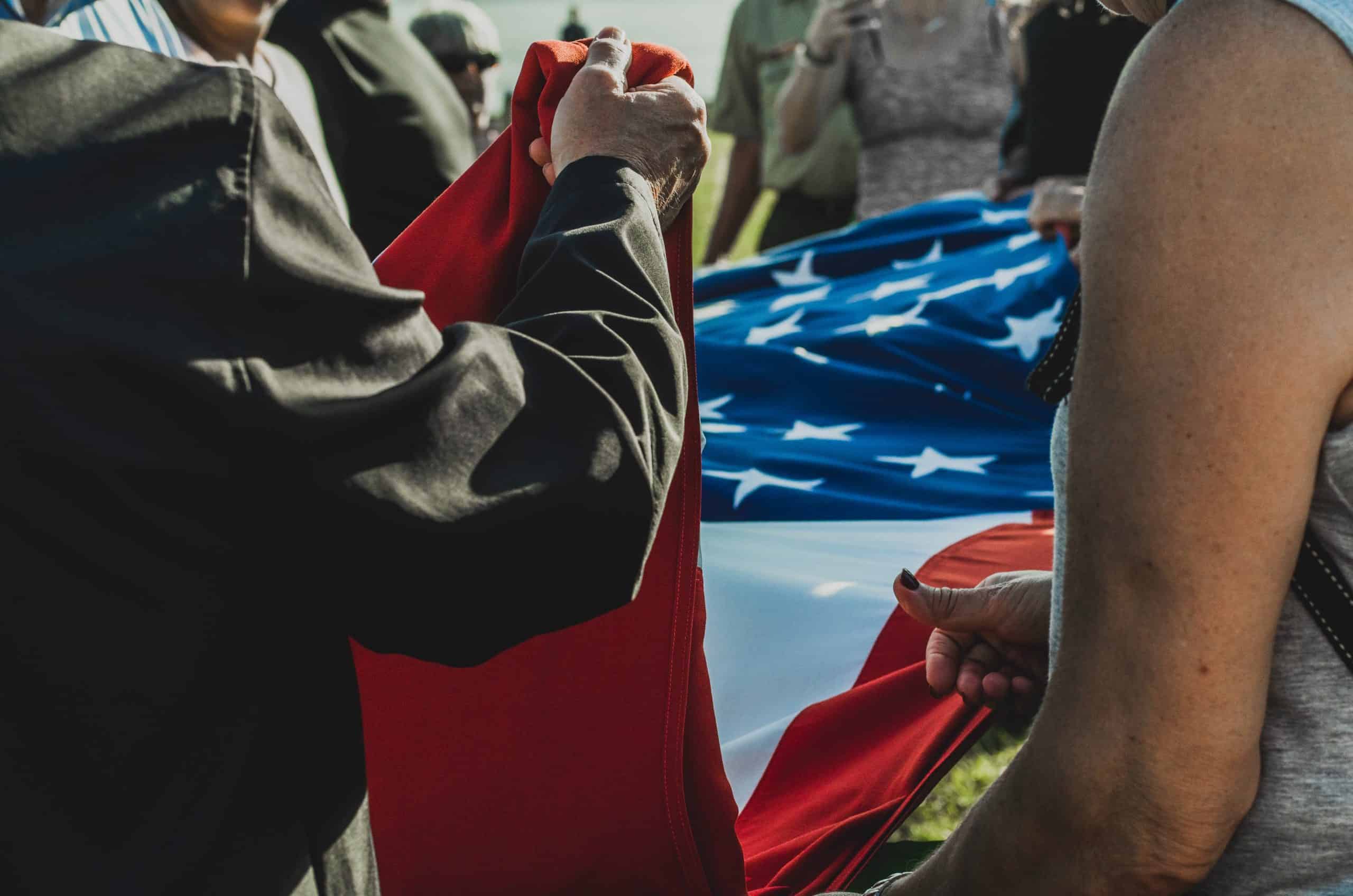Tips For Taking A Veteran’s Unique Culture Into Account During Home Care
Caring for a loved one who is a veteran, especially one who served in Vietnam, can be challenging. Pegasus senior care professionals in Highland Park and elsewhere are experienced in assisting these special individuals. They share their tips here for taking a veteran’s unique culture into account during home care.
Your loved one may be a veteran of WWII or the Korean Conflict. However, the biggest group of veterans today served in Vietnam. Younger individuals, some of whom may already need care, are veterans of the Gulf wars.
Despite when or where they were deployed, veterans have shared experiences. Their experiences are much different from those of civilians. Your loved one may reject your assistance if you don’t take those differences into account.
Veterans don’t always confide their experiences to family members. Sometimes they think that others can’t understand or will pass judgment on them. Most of them have seen and done things that have left them psychologically scarred.
It’s usually inadvisable to insist on details if your veteran is reluctant. With patient questioning, you may be able to glean enough to offer the best care. If not, you’ll need to rely on observing their responses and reactions.
Military Culture Is Drilled Into Them
Many individuals joined the Armed Forces when they were young and impressionable. They were immersed in military culture, which affects their:
- Behavior
- Beliefs
- Customs
- Language
- Rules
- Traditions
- Values
Their training emphasized self-sacrifice and not showing weakness. Your loved one’s value system and beliefs may not permit them to admit to pain. Needing assistance can lead to feelings of inadequacy and resentment.
Individuals serving in Vietnam were exposed to cheap and easy-to-obtain drugs. Heroin, in particular, was available. If your veteran is addicted, you will have to account for that as part of your care.
Vietnam veterans were exposed to toxins such as Agent Orange. Pollutants from burn fires poisoned veterans serving in the Gulf wars. Both groups endured serious health issues as a result, some of which are life-long.
The Vietnam War was extremely unpopular. Returning military personnel were subjected to very negative treatment from civilians. Their psychological trauma from the deaths of comrades-in-arms was increased by the treatment they received when they came home.
All individuals who have served during wars face problems in readjusting to civilian life. Post Traumatic Stress Disorder (PTSD) is a fact of life for many veterans. PTSD, however, occurs more frequently in Vietnam veterans than in other groups.
Significant improvements in war zone medical treatment meant that more Vietnam personnel survived their wounds. The Gulf wars also had more survivors of individuals with significant injuries. Returning veterans have disabilities that hamper their relationships and career opportunities.
They May Be Suicidal
Statistically, veterans have greater incidences of the following than civilians do:
- Amputations
- Chronic pain
- Depression and other mental health issues
- PTSD
- Substance abuse
- Traumatic brain injury (TBI)
All of these conditions are known suicide risk factors. And unfortunately, veterans have a higher rate of suicide than civilians.
The Suicide Hotline (1-800-273-8255 ) has a section devoted to the particular needs of veterans. You and your loved one can also find help through the Veterans Crisis Line.
Tips For Engaging With A Veteran
Care for veterans starts with learning some of their jargon. You’ll never be part of their unique culture, but most appreciate someone who shows an interest. You’ll discover that they’ll be more cooperative in their care.
Listen to their stories. Ask why they joined the military. Ask about things they did when deployed and how they feel about it.
Understand that they will rarely, if ever, confide details. Show your interest in the stories they’re willing to share. Don’t press them for more.
Express your concern for how things are with them. Remember that they have been trained to suppress physical and emotional pain. You walk a tightrope between obtaining essential information for their care and respecting their dignity.
You will build trust by not judging their actions when they do confide in you. Avoid telling them you understand. You don’t, and saying you do builds a wall that stops further information.
Sometimes it just isn’t enough to know the differences in how veterans think. Sometimes their physical, emotional, spiritual, and psychological problems are too much for you. That doesn’t mean that your loving care is inadequate or that you are failing them.
You may be thinking that a facility would provide better care than you can. Certainly, there are circumstances in which admission to a facility is advisable. However, even the best ones can’t provide the one-on-one attention that home care offers.
It might just be that you need a break. Respite care is when Pegasus caregivers take over your duties for as long as necessary. We can also help you find specialists, such as therapists, that provide services in your home.
Pegasus is a licensed Home Care Organization and a Joint Commission Accredited Home Health Care organization. Our senior care professionals in Highland Park and our other locations help you keep your veteran safe at home. Join us this Memorial Day in saluting veterans and honoring their uniqueness every day.

